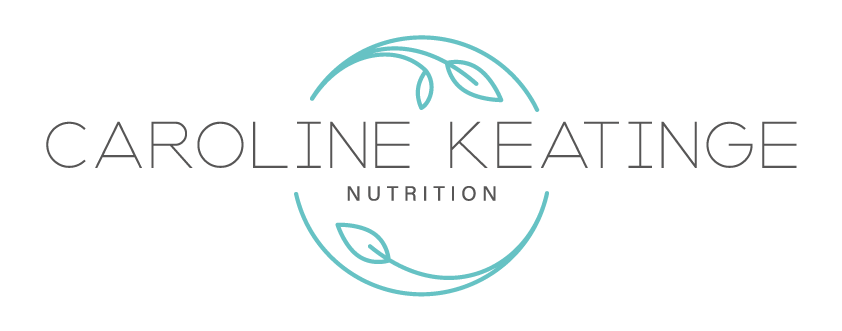What can you do about osteoporosis risk in Menopause
One of the aspects of menopause which gives many women significant cause for concern is the topic of bone loss and osteoporosis.
I was therefore really excited to read a paper, published in 2016 which looked at the effects of supplementing with phytoestrogens on bone mineral density. The researchers undertook a review of research papers exploring the effect of extra phytoestrogens – ether via specific supplements, or from dietary changes – on actual or markets of bone mineral density.
Phytoestrogens are plant-derived compounds which have a similar chemical structure to estrogen – and which therefore can behave like a weak estrogen in the body – and thus yield some benefits when our natural estrogen levels are falling. They are found in many of our foods – most particularly in soy products, come in many forms – including soy, some seeds (especially flaxseed), and many beans and pulses. Soy products are some of the more researched.
The type of review in this paper – called a ‘systematic review’ – is an excellent way of gaining a more authoritative position compared to just looking at a single research study. It helps to test the robustness of a position across a variety of populations and study designs. In this instance there was a variety of sources of phytoestrogen used – including dietary changes and supplements – a variety of time periods and also outcome measures.
In this case the overall result was not definite. The researchers found studies which did show clear benefit from supplementation – principally with one form of phytoestrogen derived from soy – but this was not always the case.
But what studies like this do help us to do is understand what steps we can take to manage our risk. Exercise is another area which has been demonstrated to help with bone density – and as we age and manage the menopause, understanding what actions and options are available to us is key.
We can take educated decisions to manage our quality of life going forward – whether it’s managing osteoporosis risk, helping relieve menopause symptoms, or addressing other issues such as energy, weight or sleep.
There are so many options available – every individual is different and so there is rarely a ‘one size fits all’ solution – but there will be a path you can take down which you will flourish!
Image credit: Photo by Mathew Schwartz on Unsplash


